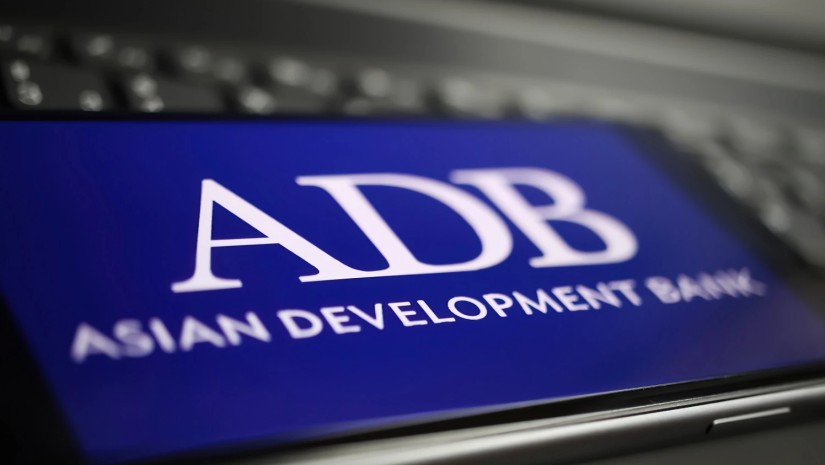Tbilisi (GBC) - Georgia’s economy is projected to maintain steady growth in 2025, according to a new report from the Asian Development Bank (ADB).
The Asian Development Outlook (ADO) September 2025, ADB’s flagship annual economic publication, forecasts Georgia's gross domestic product (GDP) to grow by 7.0% in 2025 compared to April’s forecast of 6.0%, while it remains 5.0% in 2026. Growth is being driven by strong performance in services and information and communication sectors, reflecting robust productivity gains in information technology, alongside resilient private consumption and a two-fold increase in reinvested profits by foreign investors.
“Georgia’s steady economic growth amid global risks and uncertainties is an indication of a positive outlook for the future,” said ADB Country Director for Georgia Lesley Bearman Lahm. “The country would benefit further from capitalizing on its strategic location and road network to attract more trade and cargo transit, while also deepening reforms to secure more stable long-term growth for its citizens.”
Inflation forecasts are unchanged at 4.0% in 2025 and 3.0% in 2026, as projected in April. This is supported by lower global fuel prices, a stronger Georgian lari, and prudent fiscal policy. A weakening United States (US) dollar contributed to a 3.5% appreciation of the lari in the first half of 2025, while the fiscal deficit remained well within 3.0% of GDP and public debt stood at 35% of GDP.
Georgia’s external sector also expanded, according to the report. Merchandise exports rose by 13.7% in the first half of 2025, while imports increased by 12.4%. Vehicle reexports, a key source of foreign exchange, grew by 30.3%. However, a 25% US tariff on imported vehicles introduced in April 2025 may raise prices for second-hand vehicles sourced from the US, potentially reducing Georgia’s reexports. Even so, growth in services—particularly in tourism, transport, and information technology, supported by rapid technological advances—is expected to offset any future slowdown in merchandise exports.
Tourism revenues grew at an annual rate of 3.8%, building on record-high receipts in 2024, while overall service exports expanded by 10.2%, reflecting Georgia’s emerging role as a key transit route for Trans-Caspian trade and cargo movements.
Higher transfers from the US and Europe helped increase remittances by 3.5% in the first half of 2025, despite a 26.5% drop in transfers from Russia. Foreign direct investment (FDI) declined by 7.7%, mainly due to weaker investment in most sectors outside information and communication, though the share of reinvested FDI remained high at 83.6%.
Downside risks to growth include regional geopolitical tensions, heightened trade and financial vulnerabilities in global markets, economic fragmentation and trade sanctions, as well as slowing growth in Russia and other trade partners. In addition, persistently high global interest rates and tighter financial conditions may limit capital inflows.
ADB has supported Georgia since 2007 and is one of the country’s largest multilateral development partners. ADB’s loans, grants, and technical assistance to Georgia total $5 billion. ADB’s five-year country partnership strategy with Georgia aims to help the nation develop into a green and inclusive regional gateway, while supporting sovereign and private sector investments, policy reforms, capacity building, climate resilient infrastructure, and regional integration.
ADB is a leading multilateral development bank supporting inclusive, resilient, and sustainable growth across Asia and the Pacific. Working with its members and partners to solve complex challenges together, ADB harnesses innovative financial tools and strategic partnerships to transform lives, build quality infrastructure, and safeguard our planet. Founded in 1966, ADB is owned by 69 members-50 from the region.






















